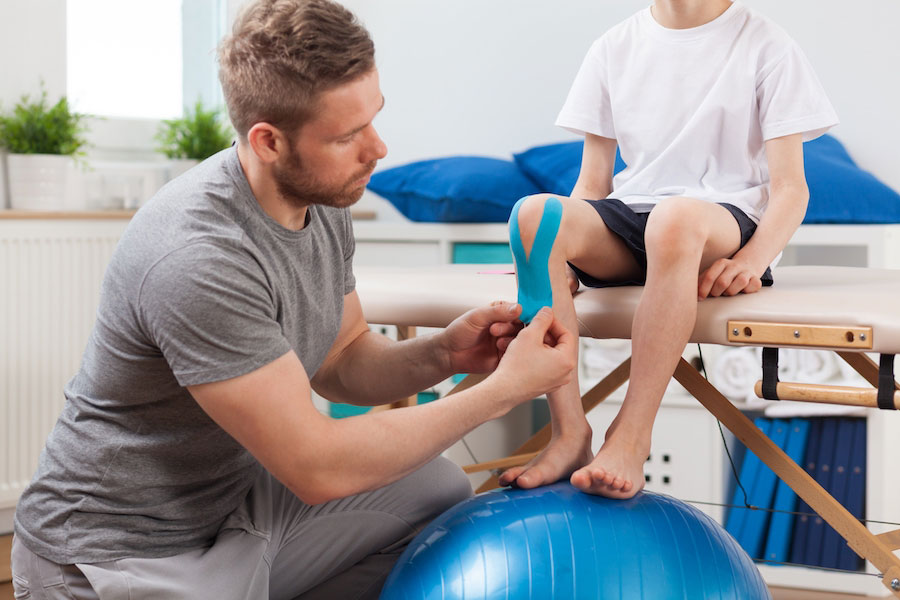Meniscus lesions are frequent and affect the entire population. They can be traumatic and/or degenerative. They cause pain, blockages and joint effusions. Their treatment consists of resection or suturing under local joint anaesthesia and outpatient surgery.
Small anatomical reminder:
There are two meniscias in the knee, one on the inner side (the inner meniscus) and the other on the outer side (the outer meniscus), interposed between the lower femoral end and the upper tibial end. These meniscus are fibro-cartilage. Their role is to protect femoral-tibial cartilage.
The lesions are of 2 types:
• Degenerative, i. e. related to knee wear and aging.
• Traumatic, i.e. following a sprain or forced flexion of the knee.
They affect the internal meniscus more often than the external meniscus. Internal meniscus lesions are classified into 3 stages (vertical or oblique longitudinal crack, radial or horizontal), the most important being a knee dislocation.
CIRCUMSTANCES OF DISCOVERY:
• Painfulness
• A feeling of moving parts inside the knee
• Temporary or permanent blockages of the joint
• The presence of fluid in the knee (hydarthrosis)
There are also two other knee conditions: cysts and malformations, the latter being rare. When your pain is too intense or your walking gene too disabling, surgery is often necessary.
Duration of hospital stay
24 to 48 hours en moyenne.
General or local anaesthesia.
Average length of stay
10 to 15 days.
Rest is recommended after the procedure.

Every year, nearly 11 million patients go abroad in search of medical care. At MEDICAIM, we provide our patients with access to the best hospitals and doctors around the world. Contact us to learn more about your treatment options.
Ask for your free quote abroad
Start your medical stay by requesting a quote. Our customer service department will help you find the clinic that best suits your needs and get you a quote.
THE DIAGNOSIS:
It is confirmed by paraclinical examinations:
There are 2 types of intervention:

AFTER THE OPERATION:
The resumption of normal and non constraining functional activities can be considered after 3 weeks in the case of meniscal resection, after 6 weeks in the case of isolated meniscal suture and from the 3rd month in the case of anterior cruciate ligament surgery. The resumption of sport must wait until the 6th week for meniscal resections. For other interventions this can not be done before the 3rd month but everything depends on the sport undertaken and your wishes. The decision must then be made with your surgeon who will judge on a case-by-case basis.
Risks and complications:
• Hematoma
• Joint infection
• Phlebitis
• Cysts
MEDICAIM is looking for the best specialists for you and we will offer you several renowned doctors.
MEDICAIM organizes your entire stay for you: post-operative nursing care, biological follow-up, therapeutic, nutritional and psychological support.
Any additional questions? Ask your MEDICAIM doctor about it: careteam@medicaim.com
http://www.medicaim.com
Some needs and conditions are more complex than others. In case of doubt, please send us additional information to establish a customized quote.
Ask for a quoteCertains besoins et pathologies sont plus complexes que d’autres. En cas de doute, faîtes-nous parvenir des informations complémentaires pour établir un devis sur-mesure.
Demander un devisEntrust us with your medical file and it will be examined by a specialist doctor. The goal?
Allow you to evaluate all your treatment options.